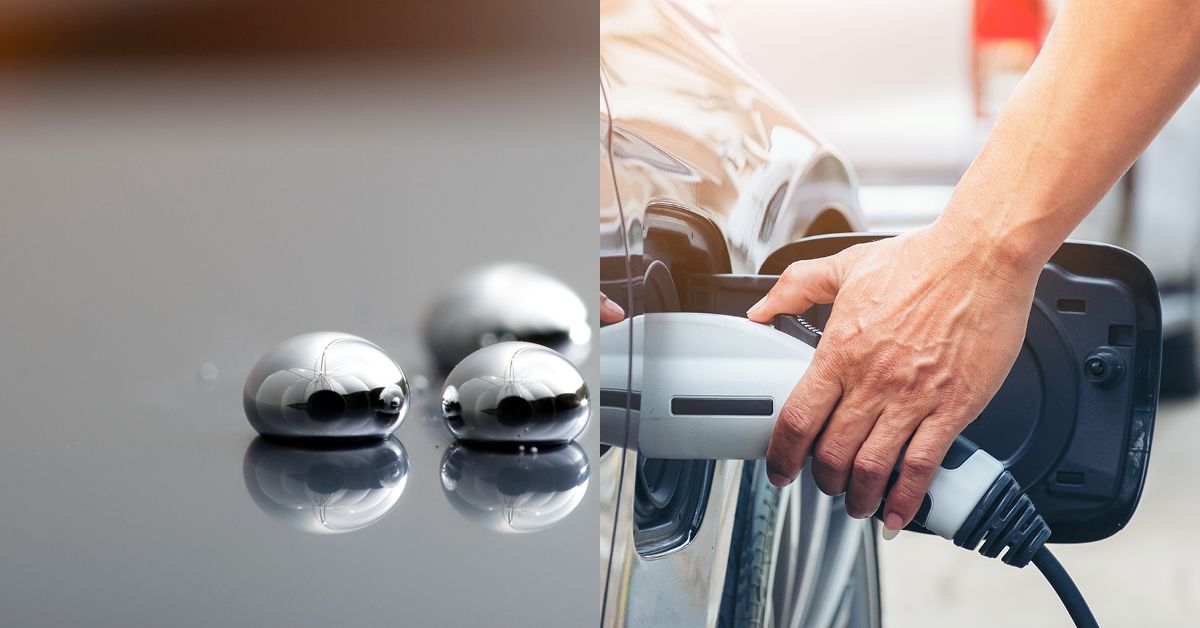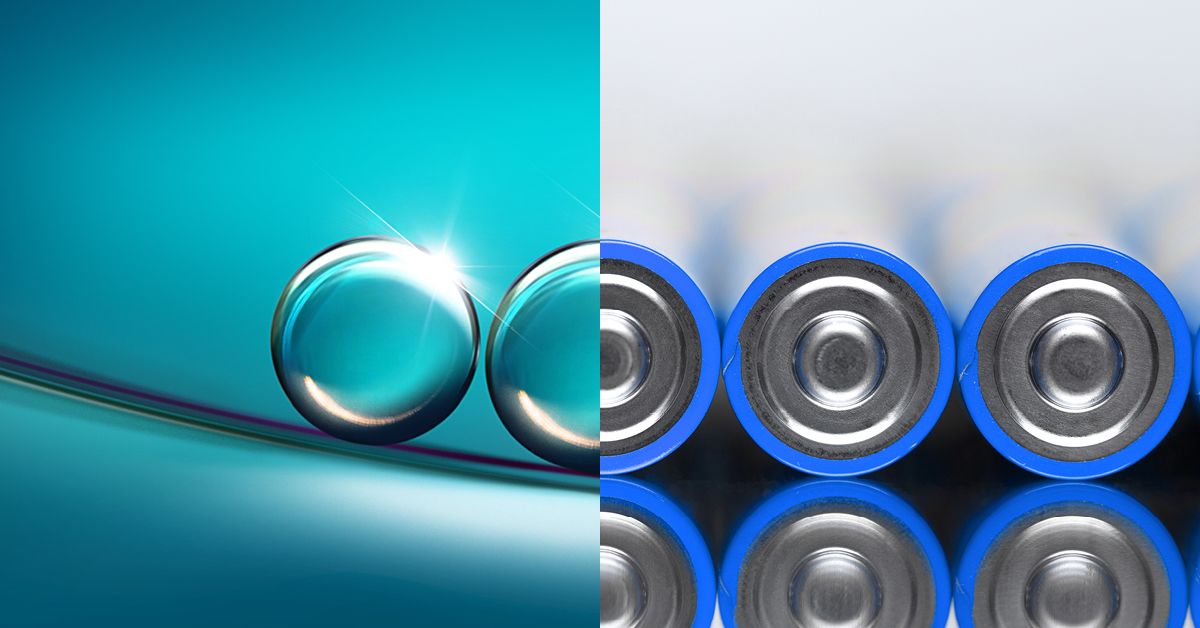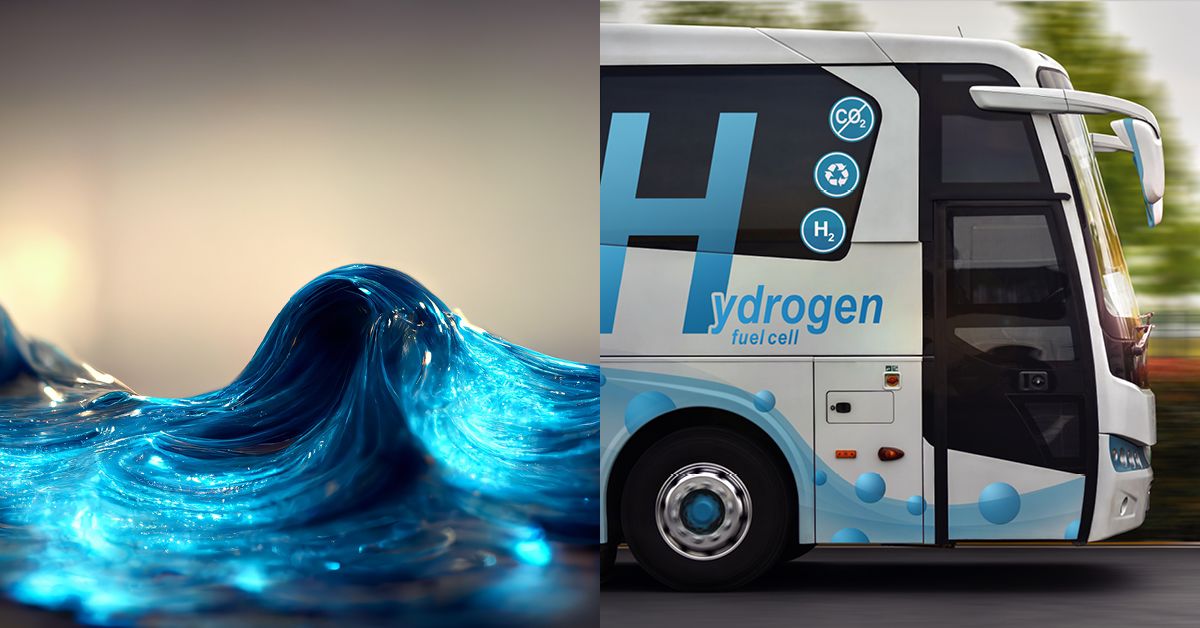How Queen’s University is Leading the Charge in Green Technology Innovation

The work carried out at by researchers at Queen’s University Ionic Liquid Laboratories (QUILL) is transforming green technology. QUILL combines the expertise of research chemists and chemical engineers to bring the world closer to a point where more everyday products are recycled or repurposed.
The research has accelerated the availability of safer fast-charging and long-lasting batteries and are making leaps in plastic waste recycling. It has revolutionized clean gas production and developed technology to remove mercury contamination.
What are ionic liquids?
Ionic liquids have huge potential to revolutionise how we live and work, and our impact on the environment. They can dissolve almost anything and can be used as green alternatives to nastier conventional solvents.
The QUILL centre is the first of its kind in the world where ionic liquids are placed at the heart of the battle against climate change.
We’re easing the transition to renewable energies
Professors Peter Nockemann, Stephen Glover and Oana Istrate combine their expertise at QUILL to discover how ionic liquid technology can develop sustainable solutions for renewable energy storage.
How is your research into magnet manufacturing transforming the sustainability of green technology?
PN: Rare earth metals are used to manufacture magnets that power wind turbines and electric cars. But the world’s supply of these metals is dwindling, they are difficult to recycle, and they need to be mined, which harms the environment.
SG: We found that ionic liquids can be used as an environmentally responsible method of separating rare earth metals. They turn end-of-life magnets back into pure metals that can then make new magnets. This reduces both the need for mining and the carbon footprint involved with transporting the metals.
What else are you doing to improve sustainability in renewable energy storage?
OI: There’s a growing need for energy storage batteries as we transition to renewable energies. The lithium-ion batteries currently used for energy storage have a limited shelf life and rely on rare earth metals.
We’re developing a new type of battery for more sustainable energy storage. These batteries store large amounts of energy and have a longer lifespan of over 25 years. Our batteries do not rely on rare earth metals and instead use iron, which is a far more abundant resource.

Finding sustainable ways to recycle plastic waste
Professors Gosia Swadzba-Kwasny and John Holbrey are discovering how ionic liquid technology can sustainably convert waste plastics to useful products.
Why is it important that we tackle plastic waste?
GSK: Plastic waste is an increasing problem for our planet. Pyrolysis technology reduces waste to small fragments by subjecting it to high temperatures. However, this process converts waste into fossil fuels.
Emerging pyrolysis technology can convert waste plastics into waxes that have many industrial uses, but some regions cannot harness this technology. For example, the island of Ireland does not have large oil refineries, so the waste is transported, which adds to its carbon footprint.
How can we sustainably recycle plastic waste?
JH: We found ways to break down plastic waste at lower temperatures that are more environmentally friendly, use less energy, and save recycling costs. We work with local plastic recycling businesses to convert waste plastics into useful products that don’t need to be transported.
We can convert waste plastics into lubricants used in the renewable energy industry and into sustainable solvents that are used in household products, such as washing-up liquid.
Transforming global clean fuel production
Professors Kenneth Sneddon and Gosia Swadzba-Kwasny at the School of Chemistry and Chemical Engineering are developing a game-changing breakthrough in the production of clean fuels.
What issues do we currently face in the production of clean fuel?
KS: Alkylate gasoline is one of the more green and economically attractive fossil fuels. But the production of alkylate gasoline requires the use of hydrofluoric acid, an extremely corrosive and poisonous acid that is expensive to safely use.
How can ionic liquids make fuel production cleaner and safer?
GSK: We worked with Chevron to develop the ISOALKY™ technology - the first successful new technology in alkylate gasoline production in 75 years. ISOALKY™ makes the process of producing clean fuel cheaper and safer by using a non-volatile acidic ionic liquid that is safer and easier to contain than hydrofluoric acid.
We expect the technology to significantly impact the global production of clean fuels in decades to come.

Driving change in the petroleum industry
Professors John Holbrey and Ken Seddon at the School of Chemistry and Chemical Engineering developed the HycaPure™ technology. It removes mercury contaminants from natural gas to improve safety and efficiency within the petroleum industry.
Why is it important to eliminate mercury contamination in natural gas?
JH: A major challenge when processing natural gases to produce petroleum products is removing the impurities that pose health and safety issues. Mercury is one such hazardous element that must be removed from natural gas.
The current methods used to remove mercury from natural gas are expensive and inefficient. They struggle to remove all types of mercury present and are unable to deal with fluctuating mercury levels.
How have you tackled this problem?
KS: We led a team that designed the HycaPure™ technology, which targets the removal of most mercury species from natural gas in a safer and more efficient way. Our work with Petronas has scaled up this technology so HycaPure™ can drive improvement throughout the petroleum industry.

Research making a difference
Research is crucial in the quest for a cleaner, better and more ethical world. The work carried out by researchers at Queen’s University has the power to transform industries, change the world and make a more sustainable future a reality.
Researchers at Queen's University Belfast help tackle the global challenges of our age, changing people’s lives for the better. We are a world-class international university built on teaching excellence, leading-edge research, innovation, collaboration and engagement. Queen's has a proud history of conducting innovative, impactful and world-leading research that has positively changed people’s lives.
This content was paid for and created by Queens University Belfast. The editorial staff of The Chronicle had no role in its preparation. Find out more about paid content.



